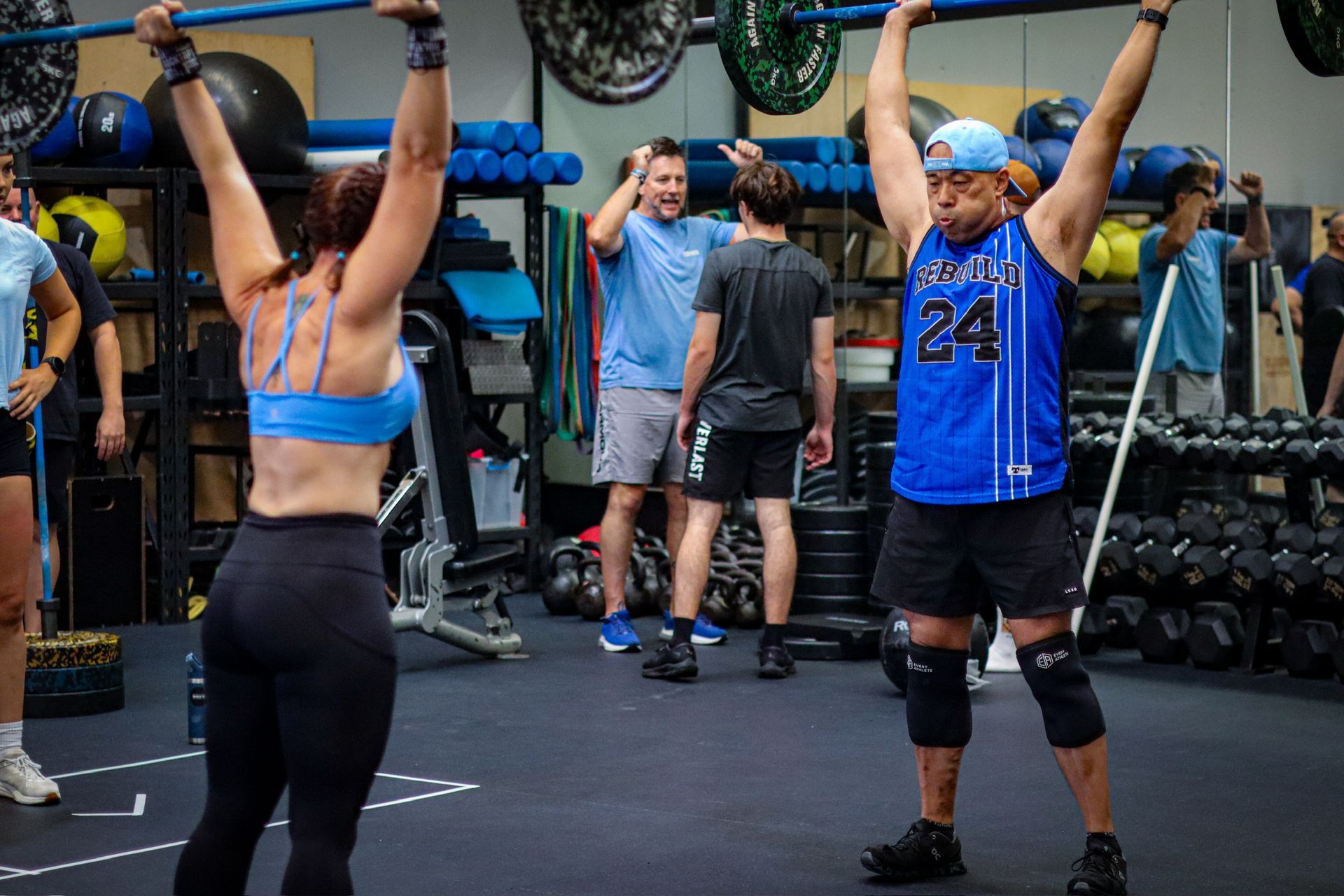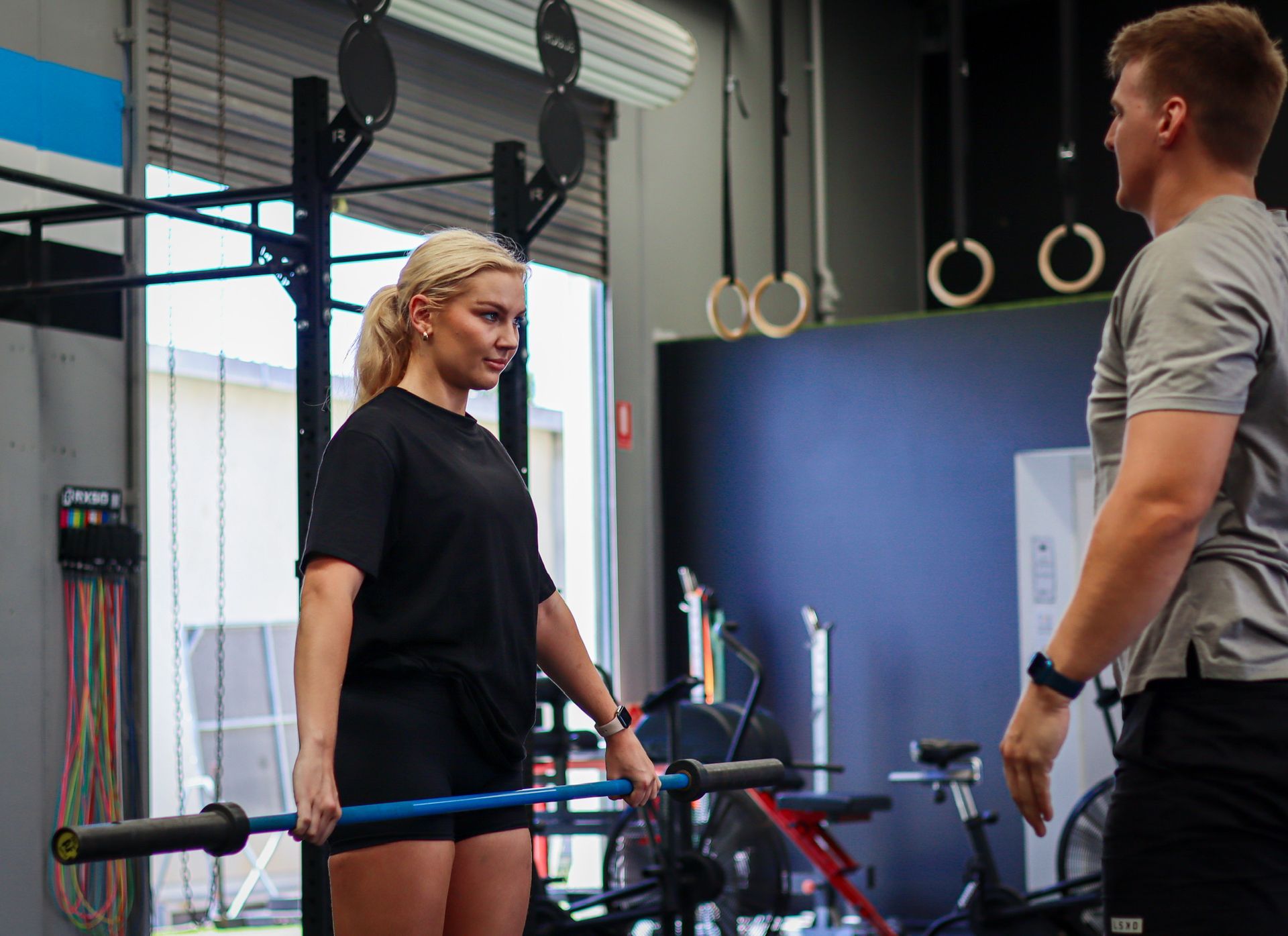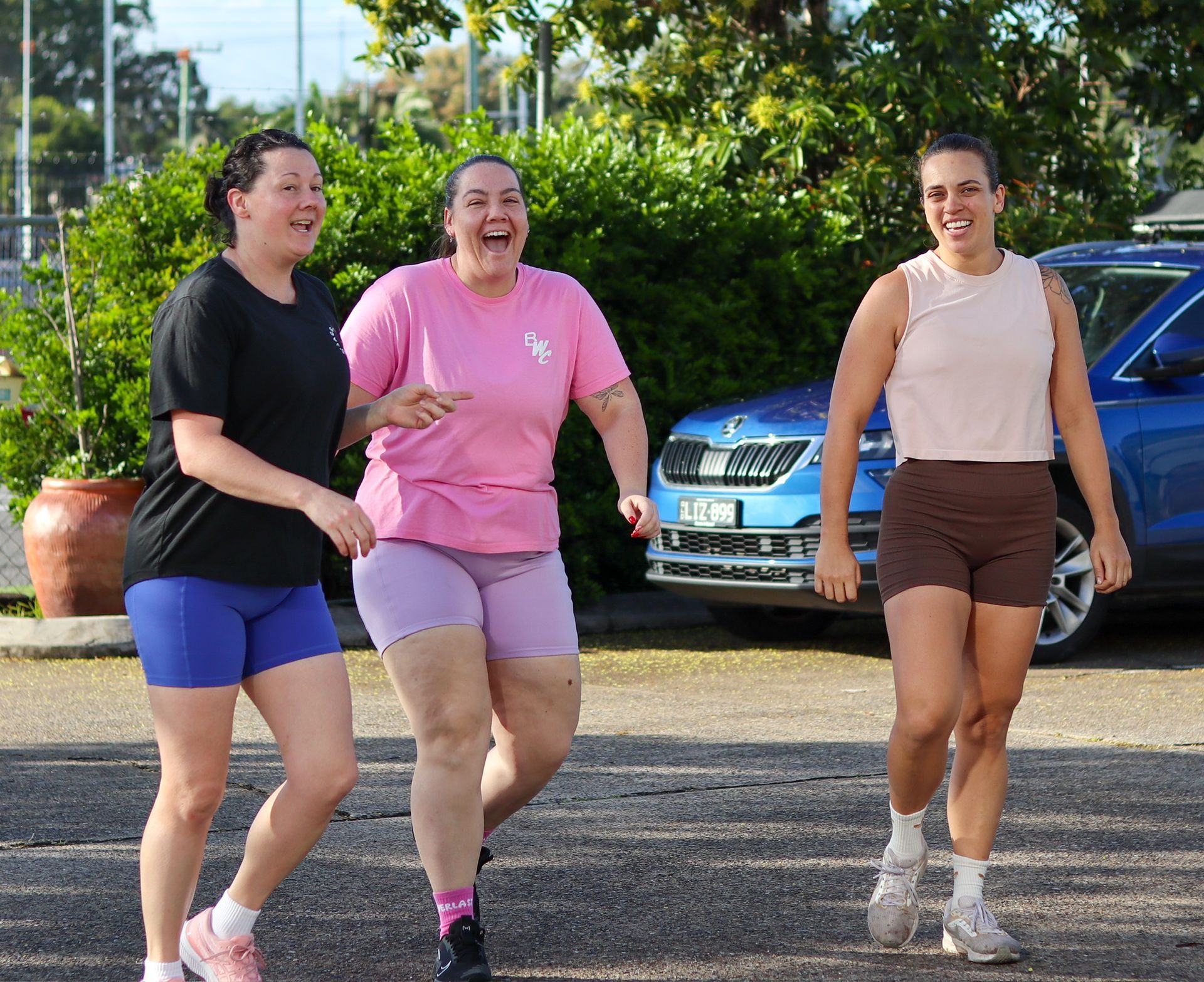CrossFit Athlete Kate Gordon Shares Her Journey Of Body Acceptance, Crash Diets And Women's Health
Kate Gordon is a CrossFit athlete, influencer and coach. The Kiwi national is well-known on Instagram for her zero-bullshit approach to exercise and health (and sex), her health journey and struggles with body image and overcoming these issues as a woman. She recently competed at the Torian Pro and is a crowd favourite thanks to her big energy and fierce attitude. Struggles with body image Gordon, who got into training during her late teens says she did it purely to lose weight. She never had any genuine interest in training aside from how it would change her appearance initially.. ‘‘I did my first diet at the age of 14,' she says. 'Any insecurities in my mid-teens always came out as if I fix my body; I’ll feel better. It’s not that I lacked confidence or hated my body, but it’s that if I faced discomfort, I thought, 'Oh well, the problem is probably I need to lose weight, and I can’t do that, and I’m failing'.' From seeing a personal trainer to maintaining food journals during her university days, Gordon says she went through patterns with binging and restricting food. But once she started CrossFit, she stopped being concerned with aesthetics or working out for the sake of losing a few kilos. 'I worried more about how I’m performing and how I could recover better,' she explains. 'I’m still looking at the same things, such as food and my body, but it was a new perspective for my brain that I had never looked at before.’’ Cheat days, low-calorie diets and restricting Understanding food quality is essential, but Gordon says she took it too far by viewing food as good and evil. But this is where she says it was the beginning of education around nutrition. ‘‘Under-eating doesn’t just make you hungry all the time- you’re more emotional, low on energy, tired and even more hyper sometimes; just constantly being terrified of gaining weight or undoing the hard work.'There is also a societal problem, she explains, where people are afraid of eating more and thinking that this would undo all the hard work and what you were committed to doing for your health. ‘‘You must overcome many mental barriers just to start to eat 200-300 extra calories. 'To me today, that’s fine; it’s not a problem. At one time, overcoming the fear of eating more food and not gaining weight was important to me, rather than focusing on the fact I was gaining my health back,' she says. Your period: a monthly report card on your healthGordon is also passionate about educating women on the importance of educating on menstrual health. She says during the initial stages of her training, there was a time when she was missing her period. This was when she realised that her training was counter-effective if it wasn’t positively impacting it. ‘‘I don’t think people understand the significance of your menstrual cycle. I think it’s just a hassle- an inconvenience and a part of being a female. I don’t think it’s recognised as a part of your staple health.’’ There is a lack of education surrounding the menstrual cycle, and women often lack support to understand and appreciate how it works thoroughly. It gives insight into how your body functions and if everything is alright. Stress and hormonal issues can affect every woman’s cycle differently, and while some adjust their workout and training schedules depending on their period, others aren’t affected by it. ‘‘I don’t think we should let our periods rule us- I make small adjustments with how I train during my period. The psychological effect of thinking that it [your period] is going to impact you is probably greater than your period impacting you.’’ Listen to the podcast on Spotify or Apple Podcasts.
Previous Blogs




